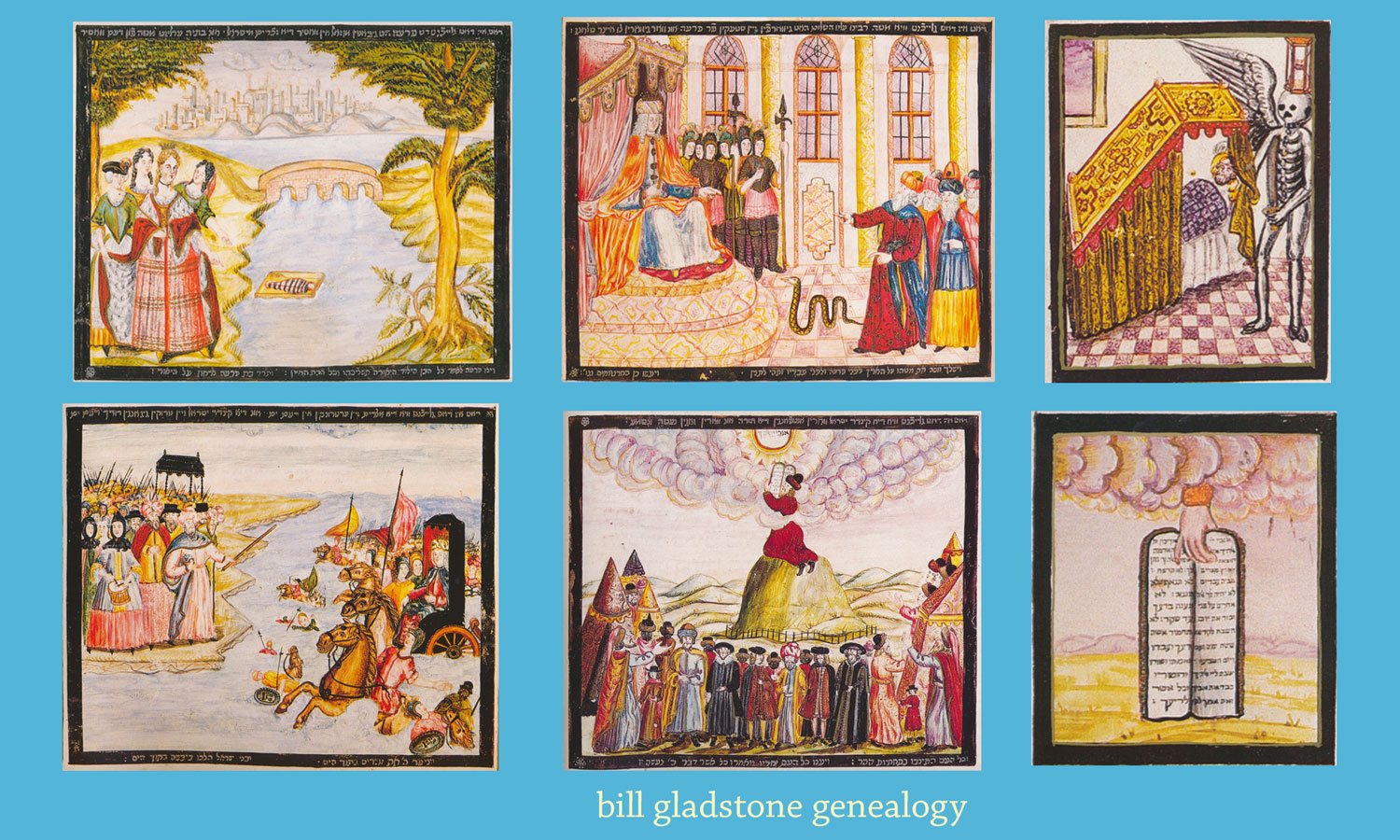Nessa Rapoport, a New York writer-editor originally from Toronto, has written House on the River, a meditative account of a summer journey by houseboat through the Trent-Severn waterway of southern Ontario that contains reminiscences of her happy visits to her grandmother’s cottage in Bobcaygeon when she was a girl.
Motivated by a desire to show her children a place that still holds great mythic significance for her family, Rapoport set out on a six-day pilgrimage (between one Shabbat and the next) with her mother, two children and an elderly uncle and aunt. As they ventured over lake, river, canal and liftlock, she recorded her increasingly spiritual impressions, observations and memories in a journal.
The river seemed to impose a slow, almost hypnotic rhythm on the trip and, consequently, on Rapoport’s smooth-flowing, poetic prose. Just as she was compelled to leave the strident pace of urban life far behind when she began her floating adventure, so too is the reader required, in places, to navigate her sentences slowly in order derive their fullest meaning.
For Rapoport, her grandmother’s former cottage had become a sort of Paradise Lost that, like her beloved ancestor, had migrated into the sacred realm of blessed memory. “For my uncle, my mother, and me, the boat trip is a communion with her memory,” she writes, recalling her grandmother’s permanent influence over them. “We look up at the Ontario sky with the same awe we felt when we walked with her as she taught us the constellations.”
If she writes with Proustian longing for the past, it is not because she wants to reclaim it, but rather because she wants to preserve it for all time. “This ability to regain the past as if it were present is not nostalgia,” she writes. “I do not want to live then; I ask that then be now, that I can at will plunge into time, those moments when — through devotion, or even pain — we are granted a taste of immortality. Such a re-creation has been the promise of this journey.”
Her record of the trip is so keenly reflective that she categorizes it as “a meditation, not a narrative.” She aptly uses the metaphor of a “palimpsest,” one of those twice-used ancient scrolls in which a text was imperfectly scraped off so a second could be recorded. Since both texts remain legible, the reader is left with a lovely, indelible impression of the earlier experiences that underlie and give enormous significance to the present excursion.
A deeply Jewish sensibility also permeates these pages and thoughts; we are not surprised at the narrator’s admission that she believes strongly in the soul’s afterlife. Having first become familiar with this variegated emotional landscape as a girl, she expresses gratitude at returning as a grown woman, a wife and mother of two children who is expecting a third child.
While the knowledge that a beloved uncle is deathly ill overshadows the voyage, so does the implicit promise of future life. In an idyllic afterword written at a friend’s farm, Rapoport obliquely reveals that her newest child has been delivered safely into the world. While human mortality and the necessity of farewells are an obvious theme in the book, so too is the miracle of new life.
Rapoport grew up in an observant home in the Forest Hill area of Toronto and her parents and many relatives still live here; she left in her early twenties after studying English literature at the University of Toronto, but still visits frequently. The author of two previous books — the novel Preparing for Sabbath and the poetry collection A Woman’s Book of Grieving — she is married to New York artist Tobi Kahn and lives with her family on the Upper West Side of Manhattan.
Besides writing books of her own, she has made a formidable career editing the memoirs of celebrities such as businessman Lee Iacocca, former US president Jimmy Carter, former vice-presidential candidate Geraldine Ferraro and former Israeli president Ezer Weizman. “For better or for worse, Iacocca: An Autobiography was one of the best-selling books of the 1980s,” she recalled.
Rapoport’s writing tends to reflect the thoroughly Jewish sensibility that she seems to carry with her always. As she explains near the end of House on the River, she sees the act of creative writing as a deeply spiritual enterprise.
“All my work, I believe, is praise of my Creator,” she said. “Whatever I’ve done, and in whatever form it’s taken, I see it as a form of service, an attempt to give back some of what was given to me.” ♦
© 2004





